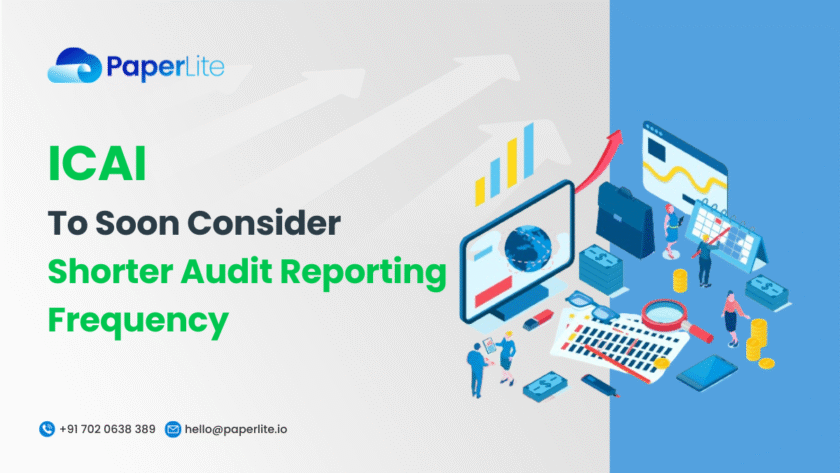Dreaming of taking your expertise to the global stage?
The Institute of Chartered Accountants of India (ICAI) is opening doors for Indian CAs to claim their rightful place in the International Accounting market through its latest initiative and to cater to the increasing overseas demand for CAs. But what exactly is this initiative, and how…

The landscape of Chartered Accounting is continuously evolving, driven by technological advancements and changing business needs. One recent development from the domain comes from the Institute of Chartered Accountants of India (ICAI), the nation's regulatory body for the profession.
Recognizing the impact of technology on accounting practices, the New President of ICAI, CA. Ranjeet Kumar…
